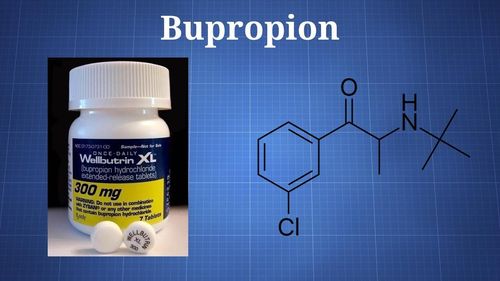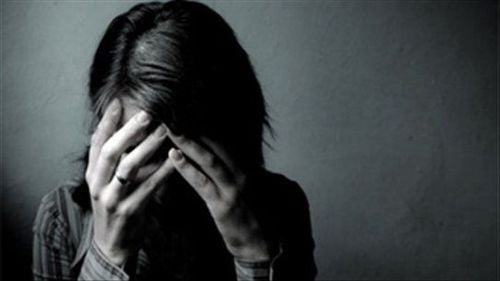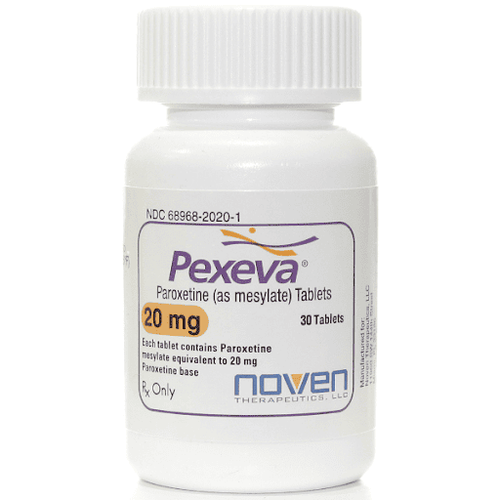This is an automatically translated article.
Bipolar disorder and depression have a lot in common but they also have some key differences. It's important to know the difference to get the right treatment.
1. Identify depression
Depression is not just a feeling of anxiety, it is also a feeling of deep sadness or feeling of emptiness that you cannot shake off. You may feel hopeless, useless, and restless. You may also lose interest in things you used to love. Major depression is often accompanied by sleep problems, changes in appetite, and difficulty concentrating. It can lead to suicidal thoughts or actions. People with depression, if not treated appropriately, their moods tend to stay low.
2. Identifying Bipolar Disorder
Bipolar disorder is extreme changes in mood with symptoms that can include an extremely high mood known as mania and they can also include depressive episodes. Bipolar disorder is also known as bipolar illness or manic depression. People with bipolar disorder may have difficulty managing day-to-day tasks or maintaining relationships. Bipolar disorder currently has no cure, but there are many treatment options available to help manage symptoms.
Characteristic of bipolar disorder is a manifestation of mood swings, shifting from depression to mania. Bipolar disorder refers to the extremes of emotions. The highs are called mania and the lows are called depression. You may experience severe depression for several hours, days, weeks, or even months before entering a manic episode. Manic episodes can last from a few days to two months or longer. You may also have a type of bipolar disorder, in which manic and depressive symptoms occur at the same time. You feel sad and hopeless but also very agitated and restless.
High levels of bipolar disorder can be exciting, but they can also be dangerous because of risky physical behaviors. Mania is often followed by extreme depression. About 6 million American adults have bipolar disorder. While more than 16 million American adults suffer from depression.

Rối loạn lưỡng cực dịch chuyển từ trạng thái trầm cảm đến hưng cảm
3. Manic symptoms are recognizable
If you have bipolar disorder and are in a manic episode, you may feel very energized, sleep very little, and find yourself speaking faster because your thought lines appear so quickly. You feel like a multi-faceted person, and you can also take risks you wouldn't normally take. For example, you may continue to spend lavishly or drive recklessly. Sometimes this type of behavior is easy to detect in the high manic form, but difficult to detect in the milder manic form. You may feel good, happy because you're full of energy and think you're productive, but friends and family members can easily notice irregularities.
4. How are bipolar disorder and depression different?
Bipolar disorder can have two extremes, up and down. To be diagnosed with bipolar disorder, you must experience a manic episode. It is common for people to feel moody during this period of disturbance. When you experience an upward change in mood, you may feel energized and excitable. Some people with bipolar disorder will also experience episodes of severe depression or so-called low mood. When experiencing a downward change in mood you may feel lethargic, unmotivated and sad.
Although bipolar disorder can make you feel depressed, it is not the same as the condition known as depression. Bipolar disorder often causes highs and lows, but depression keeps your mood and emotions down.
5. Choose the right treatment solution for each disease
The correct diagnosis is not always easy. A mental health professional will only rate you as low mania if your change in behavior is not well explained to them and some people with bipolar disorder may also develop additional medical conditions. Other reasons make diagnosis and treatment more difficult, such as substance abuse or an anxiety or eating disorder.
Once it is thought you may have bipolar disorder, it is important to raise your concerns with a mental health professional and work closely with them to arrive at an accurate diagnosis. Bipolar disorder is a lifelong condition. Appropriate treatment is often a combination of counseling and medication. It is the best way to control symptoms. Mood stabilizers such as lithium or divalproex are often used to manage bipolar disorder.
Some people often take antidepressants in addition to mood stabilizers or antipsychotics. But self-administering an antidepressant can trigger a manic episode. It's an important reason to find out if you have bipolar disorder or depression. Also, over time, your condition may change and your medications may need to be adjusted. Your healthcare provider will encourage you to keep track of your symptoms by recording your daily mood, sleeping patterns, life events, and other details to help you and your doctor stay on top of your situation. condition to ensure that you get the most effective treatment possible.

Người bệnh tự dùng thuốc chống trầm cảm có thể gây ra cơn hưng cảm ngoài ý muốn
Please dial HOTLINE for more information or register for an appointment HERE. Download MyVinmec app to make appointments faster and to manage your bookings easily.
Reference source: healthline.com- .webmd.com












